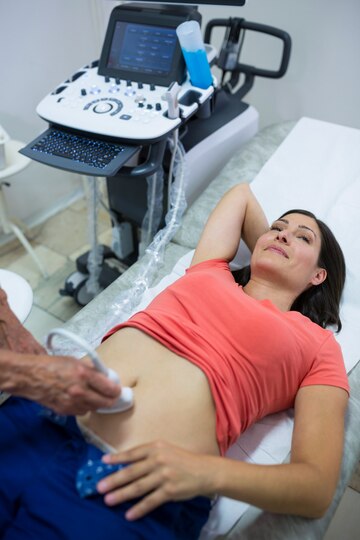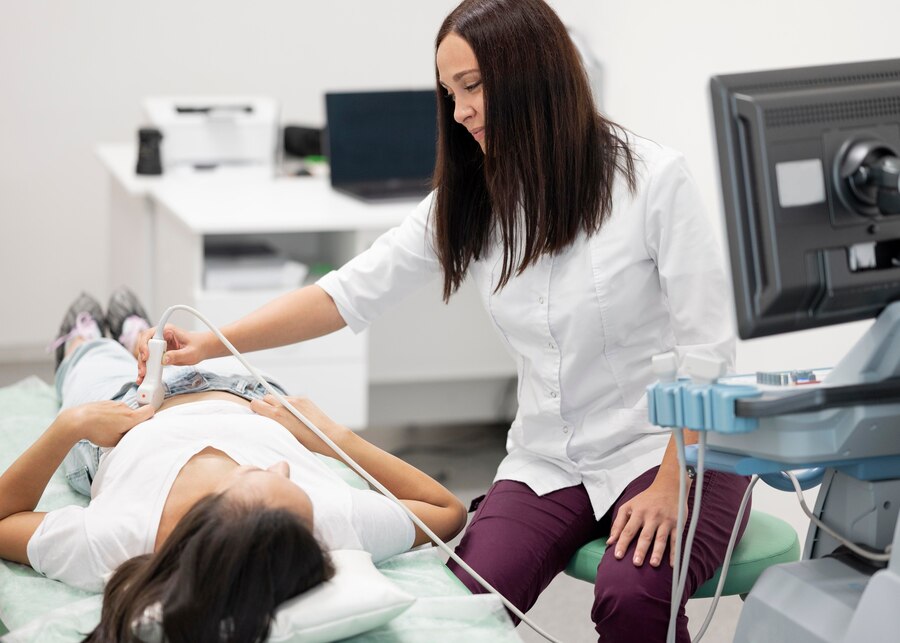Recognizing Signs and Consulting a Healthcare Professional
Recognizing Signs and Consulting a Healthcare Professional: A Guide to Female Urinary Incontinence
Urinary incontinence is a common condition that affects many women, particularly as they age or after significant life events like childbirth. Recognizing the signs of urinary incontinence and seeking timely medical advice is crucial for managing and improving this condition. In this guide, we’ll explore the signs of female urinary incontinence and provide insights on when and how to consult a healthcare professional.
Understanding Female Urinary Incontinence
1. Types of Urinary Incontinence:
- Stress Incontinence: Leakage during activities that put pressure on the bladder.
- Urge Incontinence: Sudden, intense urges to urinate.
- Overflow Incontinence: Inability to empty the bladder fully.
2. Common Symptoms:
- Frequent and urgent need to urinate.
- Unintentional leakage during coughing, sneezing, or physical activity.
- Difficulty emptying the bladder completely.
Recognizing the Signs
3. Daily Impact:
- Pay attention to how urinary incontinence affects your daily life.
- Note any disruptions in work, social activities, or sleep.
4. Frequency and Severity:
- Monitor how often leakage occurs.
- Assess the severity of the episodes.
5. Changes Over Time:
- Note any progression or changes in symptoms.
- Document triggers or patterns associated with incontinence.
When to Seek Professional Help
6. Persistent Symptoms:
- If symptoms persist or worsen over time, it’s advisable to consult a healthcare professional.
7. Impact on Quality of Life:
- Seek help if urinary incontinence significantly affects your emotional well-being or daily activities.
8. Associated Pain or Discomfort:
- Pain or discomfort during urination or pelvic pain should prompt a medical evaluation.












Comments are closed